Gear Up and Be Safe: Are You Ready to Start Hiking?
Hiking is a great way to experience the outdoors and enjoy the beauty of nature. However, it requires careful preparation and the right gear to ensure a safe and enjoyable experience. Whether you are an experienced hiker or a beginner, knowing the essential gear and safety measures can make a big difference. Let’s get ready together!
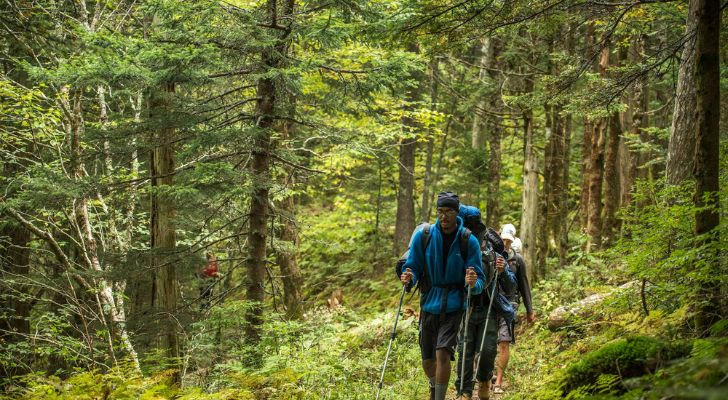
What basic hiking equipment do you know?
1. Footwear: Wearing the right shoes can reduce your risk of injury by 40%. Invest in good, durable hiking boots or shoes to give your ankles more strength. They should fit well to prevent blisters and provide enough cushioning for long treks. Grisport’s hiking boots are a good choice.
2. Clothing: Wear layers to adapt to changing weather conditions. Start with a moisture-wicking base layer, add insulating layers for warmth, and finish with a waterproof and windproof outer layer. Avoid cotton as it retains moisture and can cause discomfort.
3. Backpack: Choose a backpack that fits comfortably and is appropriate for the length of your hike. For day hikes, a small to medium backpack (20-30 liters) should meet your needs. If you plan on hiking longer distances, you may want a larger backpack (50-70 liters) with a hydration bladder and multiple compartments. Also adjust the shoulder straps for a snug fit to avoid back pain.
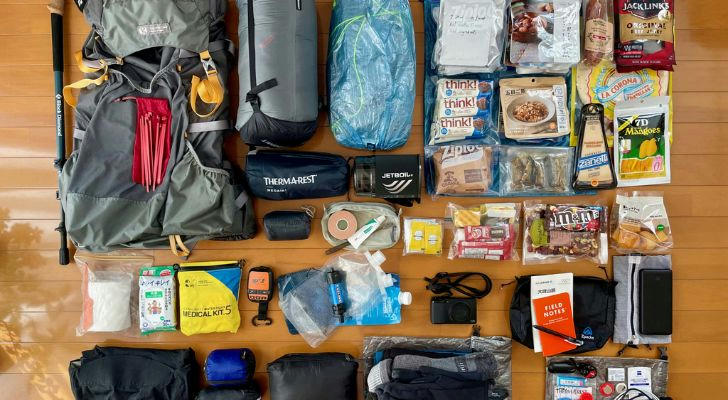
4. Navigation tools: Even if you are familiar with the trail, having navigation tools is essential for safety, especially in unfamiliar areas. You will need to carry a map, compass, or GPS device. You can also download offline maps on your smartphone to ensure you never stray off the trail.
5. First aid kit: A basic first aid kit should include bandages, disinfectant wipes, painkillers, and any personal medications. Be familiar with first aid procedures for common hiking injuries such as sprains and cuts. It is also a good idea to take a first aid course to boost your confidence in handling emergencies. Remember, being prepared is key!
6. Food and water: Carry enough high-energy snacks and water to fuel your adventure. Here is a little tip: drink about half a liter of water every hour you hike. If you use a natural water source, remember to use a water filter or water purification tablets to ensure that the drinking water is safe.
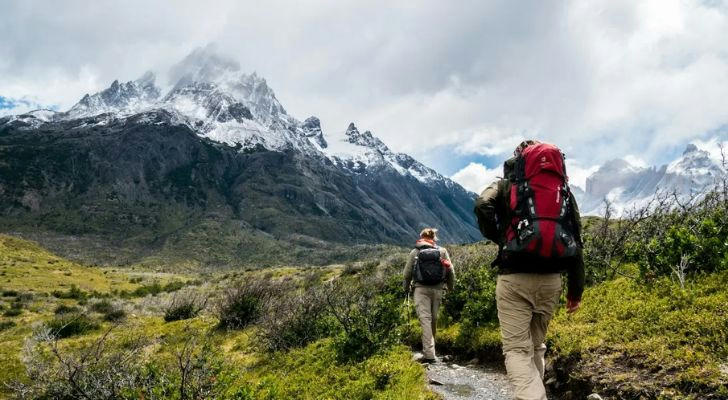
7. Emergency supplies: Bring a multi-tool or knife, lighter or matches, whistle, and flashlight or headlamp with spare batteries are very useful in an emergency. If you get lost, a whistle can increase your chances of being found by 300%. It's small but mighty!
Safety tips are an integral part of hiking:
1. Know the trail: Before you go, do your homework! Know the difficulty, length, and terrain of the trail. Check weather forecasts and trail conditions. Websites like AllTrails can provide detailed trail information and user reviews, which can be very helpful.
2. Inform others: Always let someone know your hiking plans, including your estimated return time. This simple step is crucial in an emergency.
3. Stick to marked trails: To minimize your impact on the environment and reduce the risk of getting lost, stay on designated trails and follow trail markings. This also helps protect wildlife and plants, ensuring that natural areas remain pristine for future hikers.
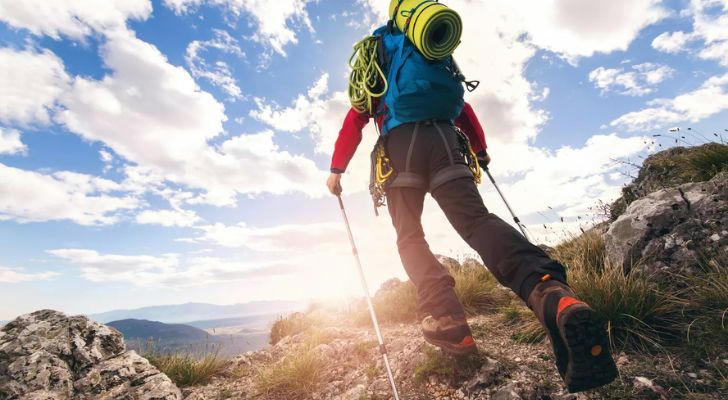
4. Pace yourself: Hike at a pace that feels most comfortable to you and learn to take breaks. It is recommended to take breaks every hour to rehydrate.
5. Respect Wildlife: Observe wildlife from a distance and avoid feeding or approaching animals. This helps keep you and the animals safe.
6. Weather Awareness: Be prepared for changes in weather. Even if the forecast is sunny, conditions can change quickly. Carrying rain gear and extra clothing can help you stay comfortable.
7. Emergency Response: Know basic first aid and emergency procedures. Having a plan can make a difference if an injury or accident occurs. You also need to be familiar with the nearest emergency services and contact them if necessary.
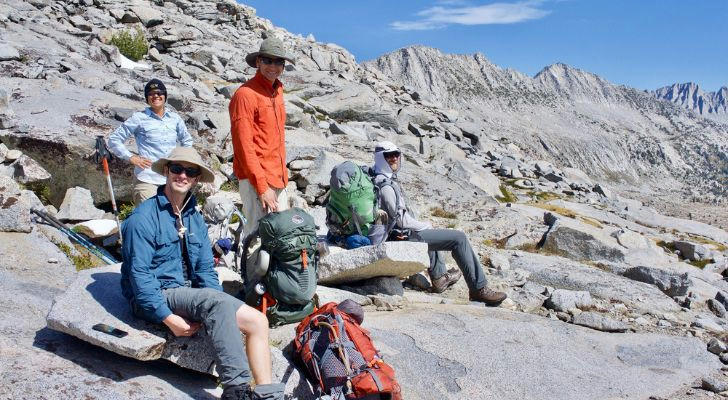
There are some other considerations to make your trip more enjoyable:
1. Permits and Regulations: Check if you need a permit to hike, and familiarize yourself with any local regulations. Many national parks and reserves require permits for specific trails or overnight camping.
2. Leave No Trace: Take all your trash with you, respect wildlife and stay on established trails. Remember, leave it as it is so others can enjoy it, too!
3. Group Hiking: If you are hiking with others, establish clear communication and have an emergency plan. Group hikes are safer and more fun when everyone is on the same page.
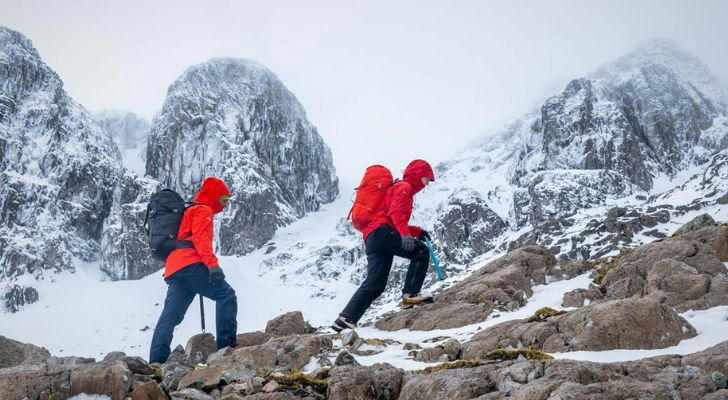
Preparing for a hike is more than just packing. By having the right gear and following safety guidelines, you can enhance your hiking experience and ensure you are prepared for anything that comes your way. Whether you're heading out on a short day hike or a multi-day adventure, thoughtful preparation is the key to an enjoyable and safe journey in the outdoors. Grab your gear, gather your friends, and get ready for an unforgettable adventure.
